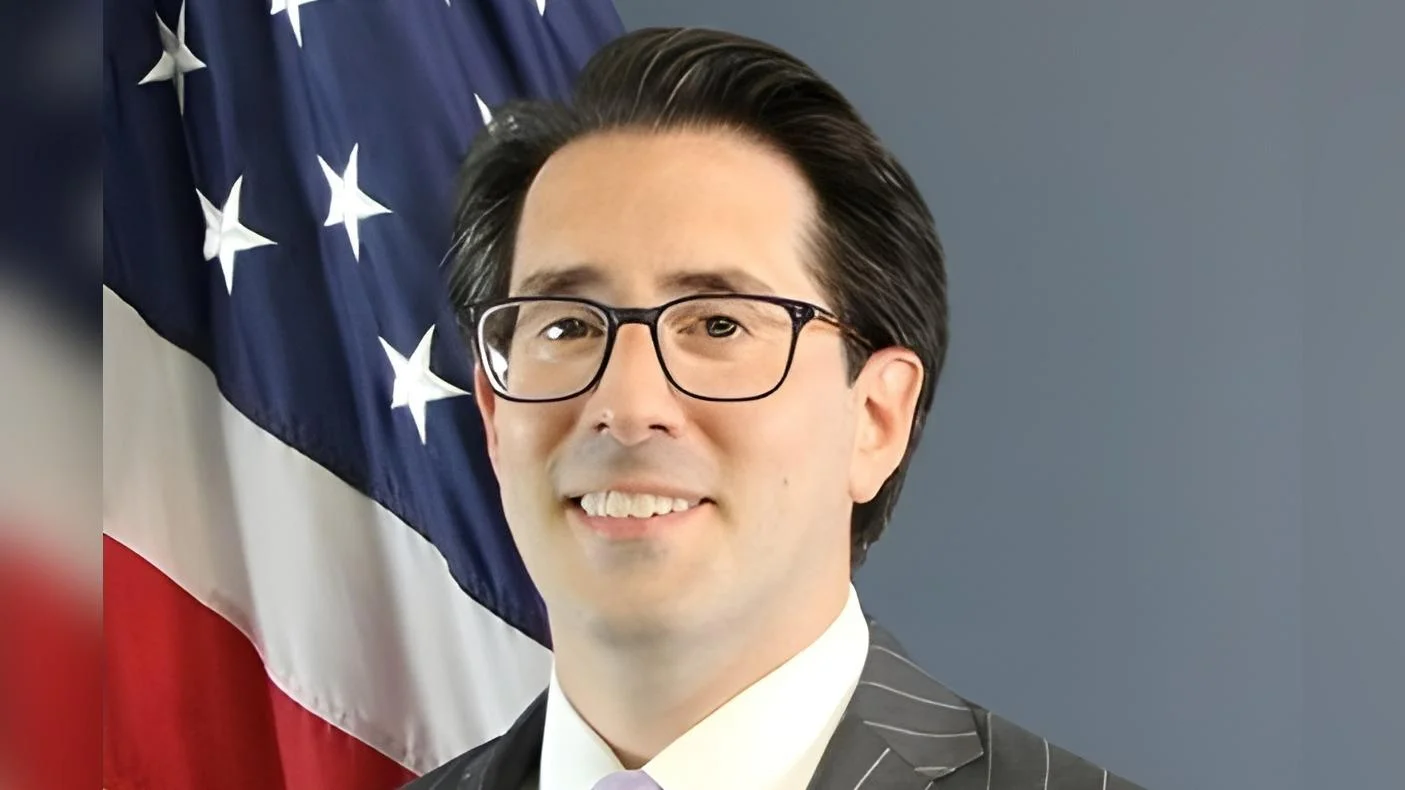Three individuals, including a registered sex offender under post-release supervision, have pleaded guilty to federal child enticement and evidence tampering charges in Rome, Georgia. The proceedings were overseen by U.S. Attorney Theodore S. Hertzberg.
“Protecting children from sexual predators is among the highest priorities for law enforcement at every level,” said U.S. Attorney Hertzberg. “In northwest Georgia, state and local officers collaborate closely with federal agents to keep our kids safe. My office is fully committed to supporting their efforts, and, while I serve as United States Attorney, I will continue to prosecute these important cases personally.”
“These crimes are especially disturbing. Those who engage in child exploitation will be held accountable for their conduct,” said FBI Atlanta Special Agent in Charge Paul Brown. “The FBI will remain vigilant and continue our active role to ensure children are protected and justice is sought for victims.”
“The GBI remains dedicated to protecting the most vulnerable members of our communities and ensuring offenders face justice,” said Georgia Bureau of Investigation Director Chris Hosey. “We will continue working alongside our partners to safeguard children from those who seek to exploit them. These guilty pleas send a clear message: those who prey on children will be held accountable.”
Court documents indicate that Christopher Welcher, previously convicted in 2016 for distributing images of child sexual abuse and having served over six years in prison, communicated sexually explicit messages with an undercover officer posing as a 14-year-old girl on March 4, 2025. Welcher encouraged the individual he believed was a minor to skip school so they could meet for sexual activity—a crime under Georgia law—and drove to Floyd County intending to meet her near a public high school where he was arrested by police. Authorities seized his cell phone and later found hundreds of images depicting child sexual abuse.
On March 12, 2025, while detained at Floyd County Jail, Welcher spoke with his wife Connie Thompson about destroying electronic devices at their home in Grantville that contained illegal material violating his supervised release conditions. Thompson destroyed two digital storage drives before agents arrived; although the damaged devices were recovered from the trash, they could not be repaired.
In an unrelated incident approximately one week later, William Eric Cooper of Bartow County was arrested after exchanging more than 1,000 chat messages between February 6 and February 24 with a person he believed was a 15-year-old girl who had identified herself as a ninth grader early in their conversation. Many messages were sexual; Cooper directed the minor to create sexually explicit content and send it in exchange for promises including meeting her in North Carolina and helping her run away from home. Investigators found explicit videos of the minor along with over 250 images or videos involving other minors on Cooper’s seized devices.
Welcher and Cooper each face charges carrying up to life imprisonment with mandatory minimum sentences of ten years; Welcher also faces an additional five-year mandatory minimum term due to violation of supervised release conditions. Thompson faces up to twenty years’ imprisonment on evidence tampering charges; there is no parole available in the federal system.
Sentencing hearings are set for November 21, 2025 before United States District Judge William M. Ray II.
The Federal Bureau of Investigation and Georgia Bureau of Investigation led the investigation with assistance from several local agencies including the Rome/Floyd Metro Drug Task Force and sheriff’s offices across multiple counties.
U.S. Attorney Theodore S. Hertzberg and Assistant U.S. Attorney Calvin A Leipold III are prosecuting these cases.
This prosecution falls under Project Safe Childhood—a nationwide Department of Justice initiative launched in February 2006 aimed at protecting children from online exploitation through collaboration among federal, state, and local resources (http://www.projectsafechildhood.gov).
Further information can be obtained by contacting the U.S. Attorney’s Public Affairs Office or visiting http://www.justice.gov/usao-ndga.

